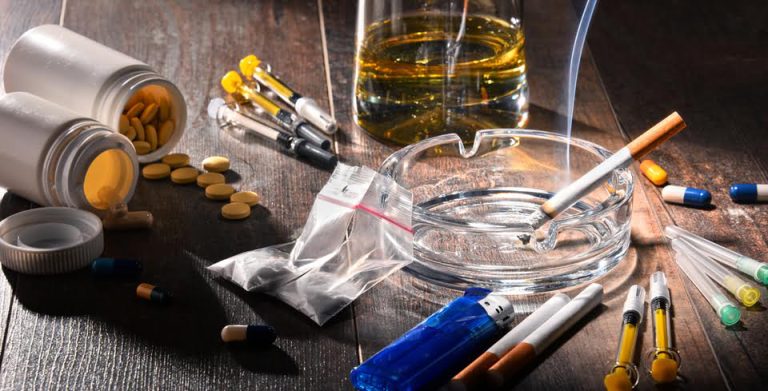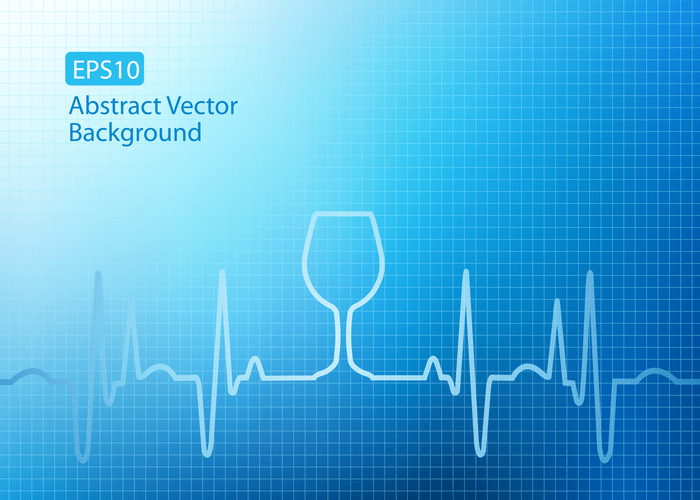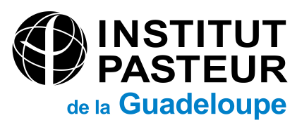A number of studies using LSD88,89, psilocybin90-92 and ayahuasca93-95 have observed changes in functional connectivity of the DMN, and are psychedelics addictive a common finding is an acute decrease in the integrity of the DMN. There are few studies that have looked at longer-term changes in DMN activity or connectivity. It is striking that in the early studies serotonergic psychedelics seem to have longer lasting treatment response than typically seen in ketamine studies, although clearly more evidence is required. Recent research on serotonergic psychedelics suggests that they, likewise, promote rapid dendritic and axonal remodeling. The effects were even greater to those seen when cortical neurons were treated with ketamine at similar doses. The in vivo effects of serotonergic psychedelics on neuritogenesis were measured in this study and drosophila larvae treated with LSD and DOI were observed to have increased dendritic branching of class 1 sensory neurons.
- However, when carried out in a controlled context, adverse effects are limited (headaches, dizziness, nausea, and tachycardia), as mentioned earlier.
- One of the challenges is that any trials it funds must focus on the mechanism underlying the therapy.
- Companies like atai Life Sciences and Beckley Psytech are developing fast-acting, short-duration compounds like BPL‑003, available in a nasal spray.
- Usona is a nonprofit medical research organization that makes the psilocybin pills and protocols used in research trials across the country.
New Study Finds Psilocybin-Assisted Group Therapy to Significantly Reduce Depression
On Tuesday, researchers at the National University of Natural Medicine (NUNM) released results from an inaugural feasibility study that may give hope to low-income adults struggling with depression. Despite federal restrictions, some states and localities have moved towards decriminalization or state-regulated medical access. For example, Oregon has established a state-regulated program for psilocybin services, allowing supervised adult use within licensed facilities. Other jurisdictions have decriminalized possession of small amounts of psilocybin, reducing penalties but not legalizing the substance. These varying state and local approaches create a complex and fragmented legal landscape. More work is needed to understand how to safely activate the pathways for brain plasticity while avoiding hallucinogenic effects.

1. Objective of the Studies
Currently, the Drug Enforcement Administration lists psilocybin as a Schedule 1 controlled substance and possessing it is illegal at the Federal level in the United States. A Schedule 1 controlled substance is a drug that has been determined to lack safety even under medical supervision, has no currently accepted medical use, and has a high potential for abuse. With regard to placebo-controlled studies, the presence of a placebo can correct for this expectancy effect. In total, five studies were identified testing the effects of (low) doses of psilocybin on subjective experience and cognitive performance in healthy volunteers and patients with OCD.28–32 The methodological details of those studies are presented in Table 2 and described in the following.
Psilocybin, an Effective Treatment for Major Depressive Disorder in Adults – A Systematic Review
One such novel antidepressant is ketamine, which has demonstrated both clinically promising results and contributed to new explanatory models of depression, including the potential role of neuroplasticity in depression. Early clinical trials are now showing promising results of serotonergic psychedelics for depression; however, their mechanism of action remains poorly understood. While preliminary findings demonstrated the therapeutic efficacy of full psychedelic doses in the treatment of depression, anecdotal reports suggest that lower doses, without the psychedelic experience, are beneficial too. As clinical microdosing trials in depressed patients yet have to take place, some of the reviewed studies showed subtle positive effects on cognitive and affective processes that are dysfunctional in depressed patients.
Dose and dosing schedule

Furthermore, one of the included studies was based on the comparison of treatments between psilocybin and escitalopram 14. There has been a recent resurgence in research on psychedelics as therapeutic agents for psychiatric conditions. This leading article outlines the studies to date of classic psychedelic treatments for treatment-resistant depression and major depression, including psilocybin, ayahuasca, dimethyltryptamine (DMT), and O-methyl-bufotenine (5-Me-O DMT). We discuss the potential of expanding treatment options for depression based on the data available, as well as the difficulties and limitations of research on psychedelics that make assessing that potential more challenging. Although the research on psychedelic medicine is promising, it’s important to note that these studies involved very careful administration of these drugs in a clinical setting under the supervision of doctors.
- Goals include expanding the study to encompass a more diverse population of both urban and rural participants.
- Our mission is to advance education, healthcare and research in the art and science of natural medicine.
- Although the study by Carhart-Harris et al. 14 did not find significant differences between both drugs, the duration of the antidepressant effect of psilocybin up to several weeks with a single dose could facilitate the progress by avoiding daily medication.
They excluded people with a history of psychosis or mania, more than a mild current substance use problem, and active suicidal intent. Those on medication for depression gradually tapered off the drug before the treatment phase of the study. The patients also filled out a series of self-reported, online questionnaires and met up with clinicians to document their ability to engage in everyday tasks, their levels of anxiety and their general mental health. The researchers assumed that the three patients that didn’t sign up for the follow up, and the three that didn’t complete the questionnaires had not remained in remission.
References to studies excluded from this review
At 5 weeks, nine participants had responded to treatment, and four had depression that was in remission. Participants were more likely to have improvements in their depression symptoms if they had quality psychedelic experiences during the drug dose. A 2022 study compared the effect of psychotherapy plus two psilocybin sessions to psychotherapy plus placebo in 93 people with moderate alcohol use disorder. Participants who received the psilocybin-assisted psychotherapy had fewer heavy drinking days over 32 weeks, https://dev-something26.pantheonsite.io/2023/12/07/is-there-a-connection-between-narcissism-and/ which suggests that psilocybin may be helpful for alcohol use disorder.
- The first ibogaine-like drug is likely to be a cardio-safer analog, such as GM‑3009 or 18-MC, for release in 2027–2028 if safety profiles hold.
- With direct action on 5-HT1a receptors, some of the most profound findings into this drug’s clinical use have been in the treatment of major depressive disorder (MDD).
- We discuss the potential of expanding treatment options for depression based on the data available, as well as the difficulties and limitations of research on psychedelics that make assessing that potential more challenging.
- As a schedule I drug, research into this compound has previously been prohibited, but interest has recently been initiated with FDA approved studies suggesting its huge potential for treating psychological disorders such as MDD 23, 33-37.
Despite Kacanda’s experience, a Food and Drug Administration advisory committee concluded more work was needed to document unwanted side effects and “blind” participants who are receiving a mind-altering psychedelic drug, versus a placebo. A 2020 systematic review looked at four studies of MDMA and five studies of ketamine for the treatment of trauma. The evidence supporting ketamine alone was very low, while the evidence for ketamine with psychotherapy was low. Researchers gave 20 people with mostly severe depression two doses of psilocybin 7 days apart, then followed up with them for 6 months.

These patients also reported less anxiety and less difficulty functioning on a daily basis. In general, the two-thirds of the patients who responded well reported lasting positive changes in their mindsets, emotional health and relationships. In Siegel’s study, precision functional mapping was performed on healthy adults through 18 fMRI sessions, including baseline, active, and post-dosing scans. The researchers compared the effects of 25 milligram psilocybin to 40 milligram methylphenidate used as a placebo.
The QIDS-16 test sees scores from 0−5 indicating no depression, and scores over 21 indicating very severe depres-sion. The BDI sees scores of 30−63 indicating no depression, whereas 0−18 indicating severe depression. The MADRS sees scores ranging from 0−6 as indicating no depression, and scores of over 35 indicating severe depression. The current standard pharmacological treatments for depression are not advised for long term use, and although symptomatic remission can be seen, most indi-viduals do not fully recover from SSRIs alone or become resistant to them 32.
She gets comfortable in a large chair and shortly thereafter is given a capsule of synthetic, pharmaceutical-grade psilocybin to swallow with water. The therapist stays with Amber during her psychedelic experience, which may feature visual distortions, a sense of oneness with the universe, and sometimes challenging or distressing moments. To investigate whether the benefits for psilocybin lasted and if the patients had experienced any side effects, the researchers contacted the original trial participants several years later to request their enrollment in a follow-up study. Twenty-one patients enrolled, and their clinicians rated any changes in the participants’ levels of depression from before the original treatment to the present day. Participants who typically cannot access this high-cost psychedelic therapy treatment believed the study was beneficial to them—and many experienced dramatic Oxford House improvements in depression symptoms.

